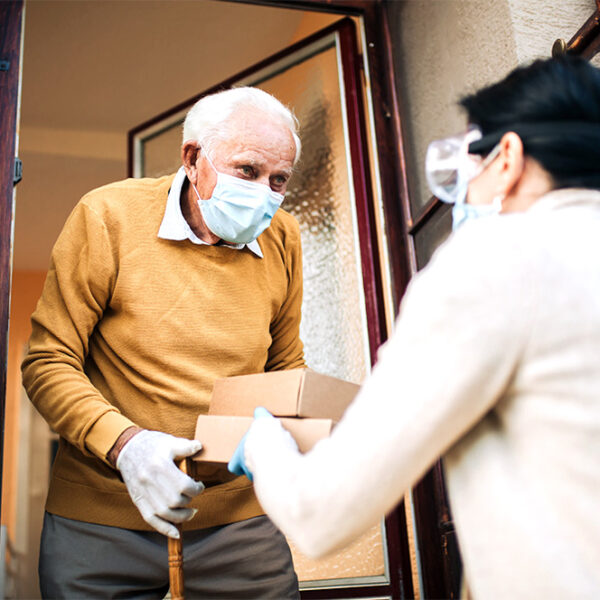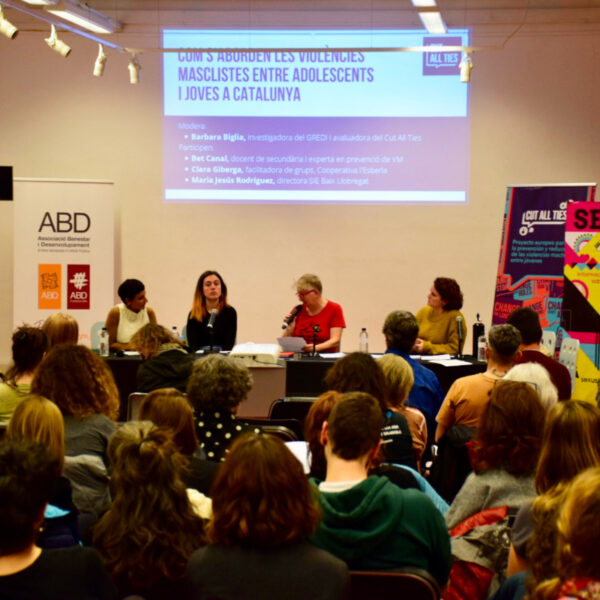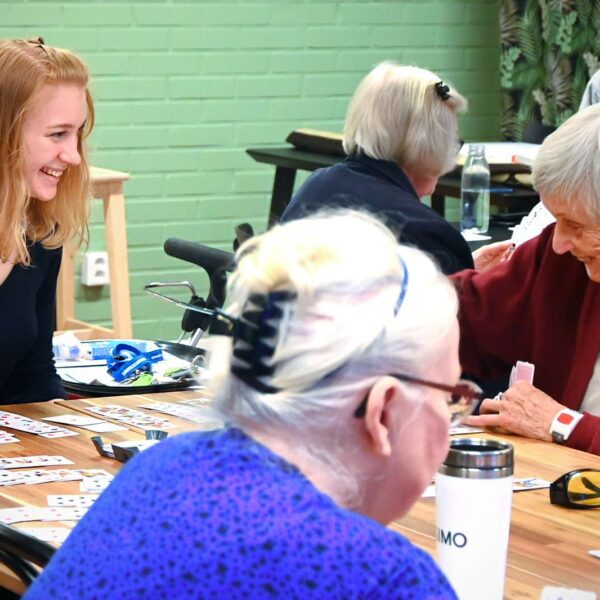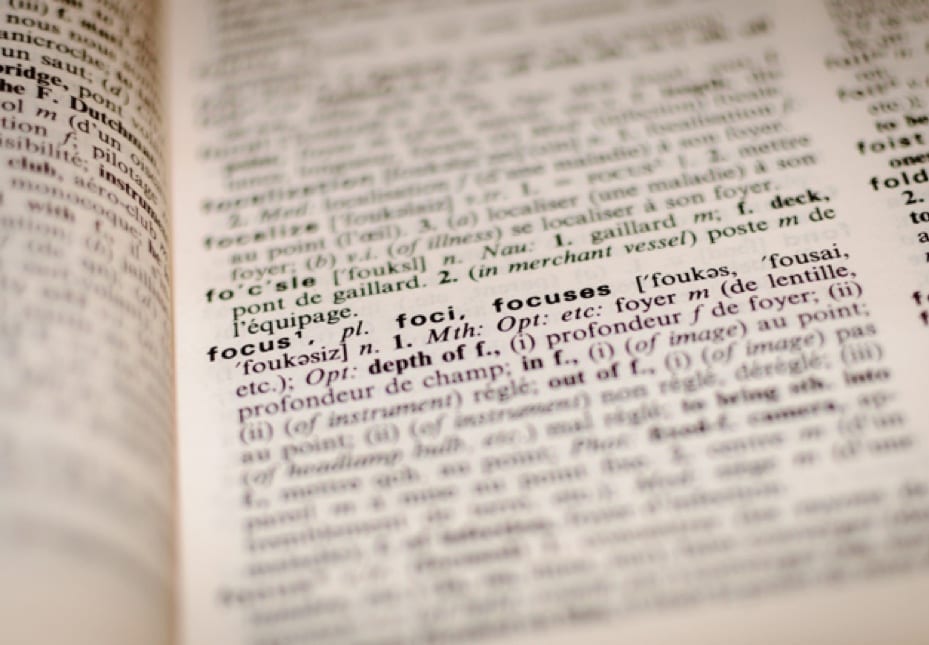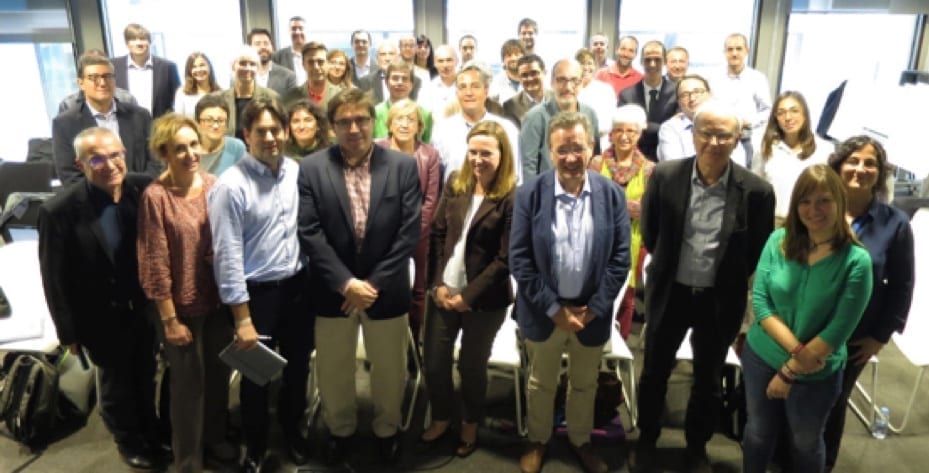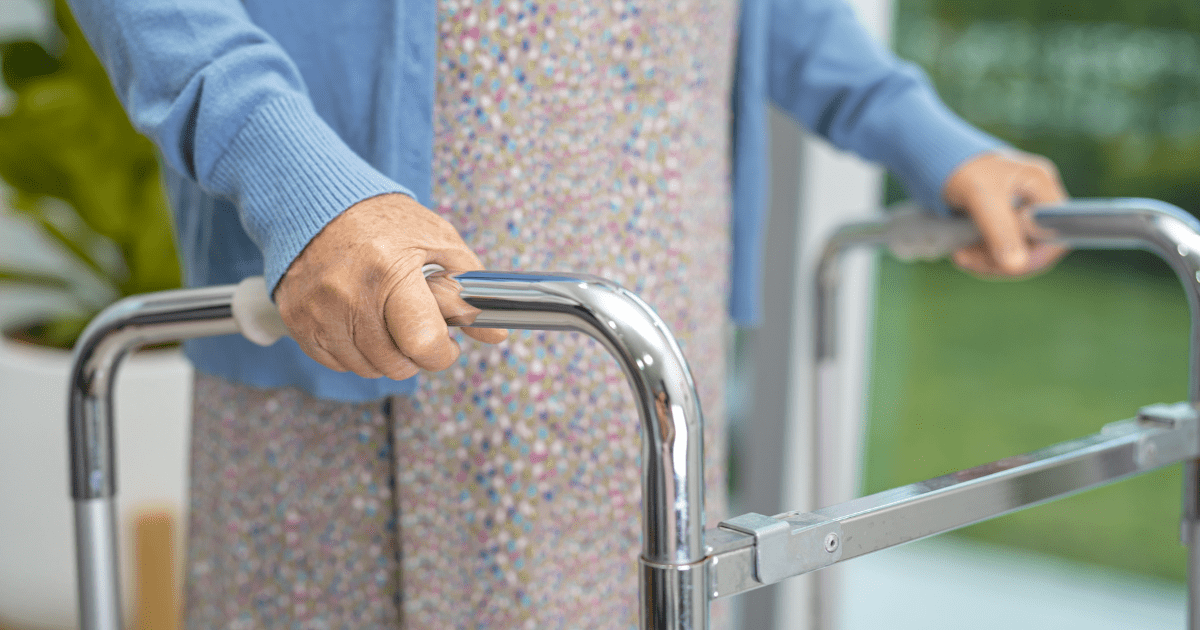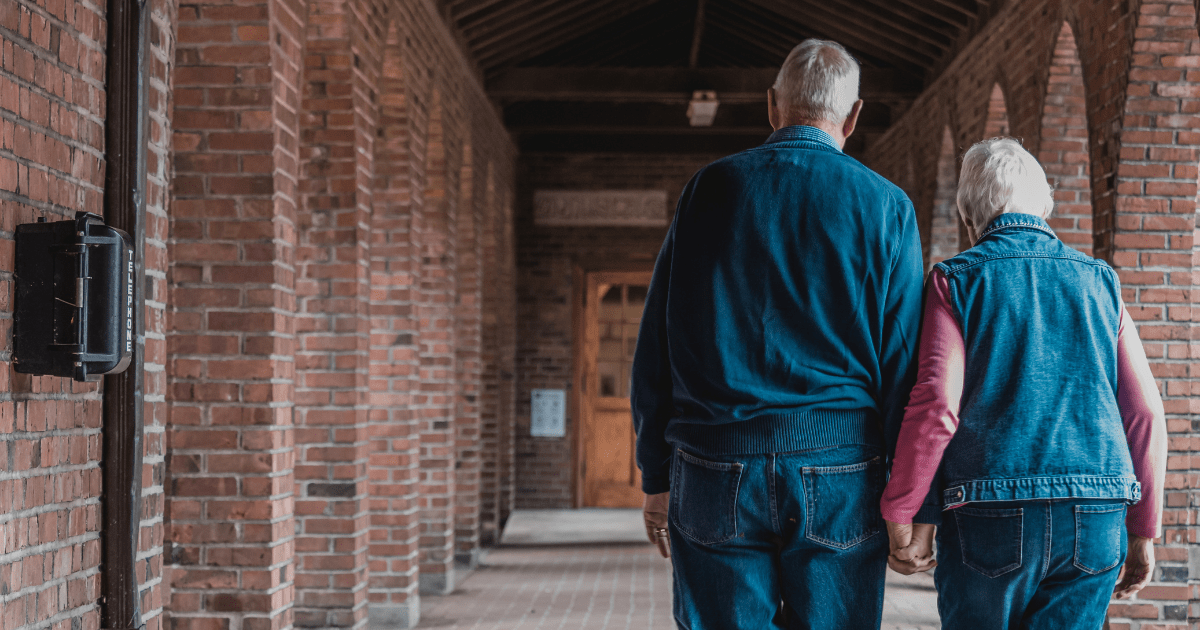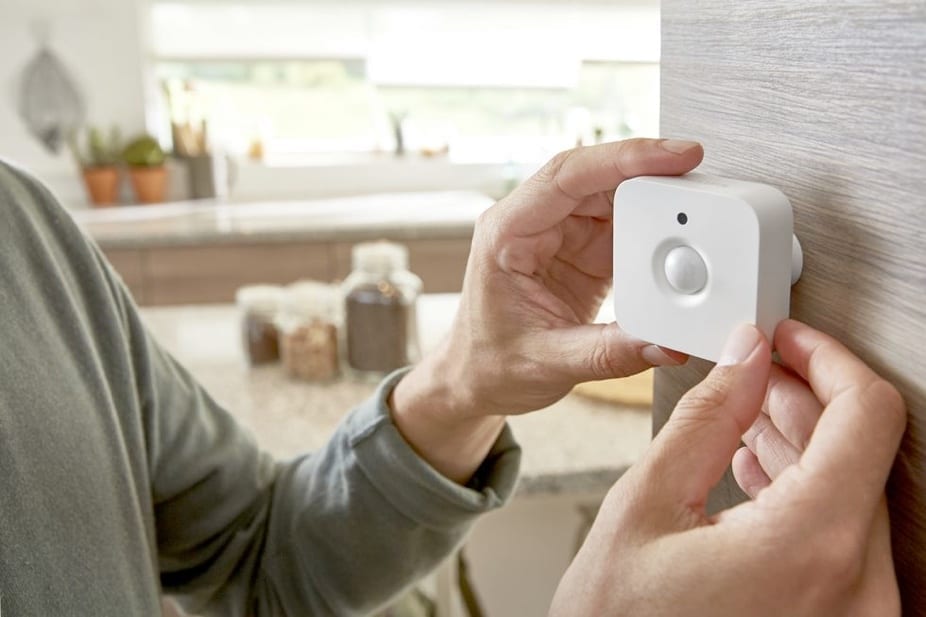Smart Social Home Care, data for the elderly and vulnerable population
Smart Social Home Care, data for the elderly and vulnerable population
Bismart
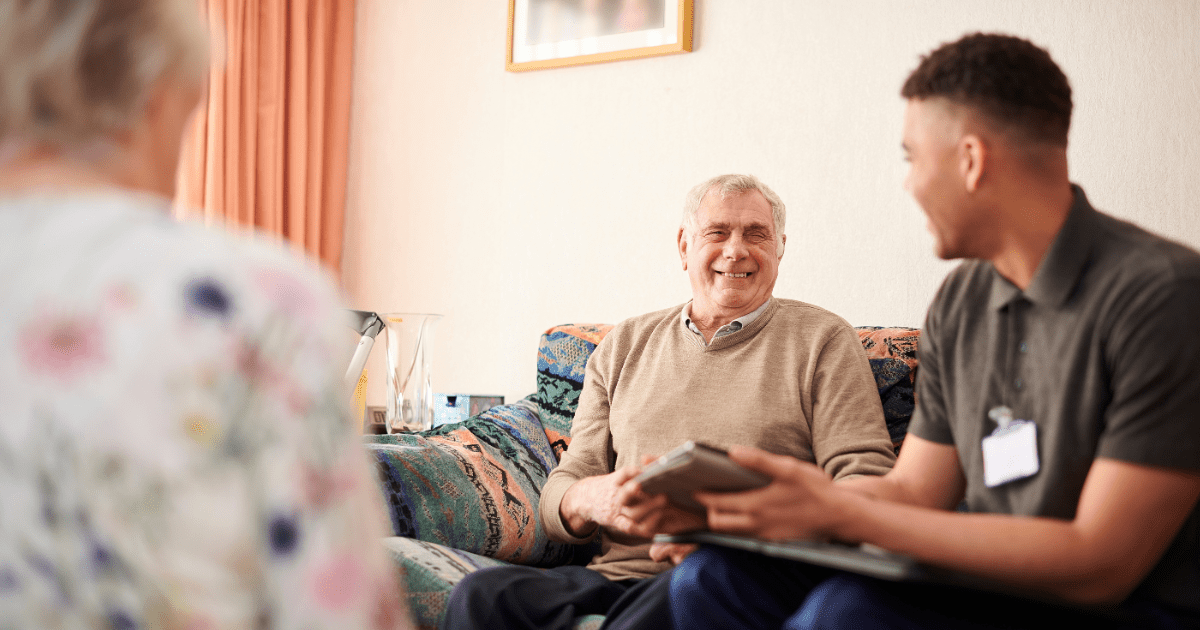
Large volumes of data for healthcare and social services planning
Smart Social Home Care collects data on social services, health, population, economic activity, use of basic supplies, waste management, and other aspects. The goal is to use this information to identify and predict groups and areas that need assistance.
The dashboards generated with this data allow professionals to visualize what is happening in their field and, thus, make better decisions to help the vulnerable population.
Characteristics of innovation
Location
Barcelona, Madrid and Andorra
Partners / Funders
—
Genesis
Smart Social Home Care is born with the aim of empowering social services to use a preventive approach to social issues. Additionally, it helps them make decisions based on real data.
Implementation level
Smart Social Home Care received the award for Best Innovation and Technology Solution at the World Internet of Things Congress in 2016.
Banc d’innovacions

